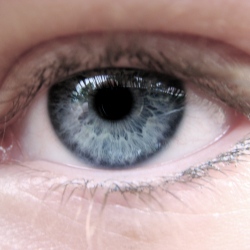
The Joint Committee on Human Rights warned that libel law reforms might cause website operators to delete statements that had not broken the law.
"There should be a higher threshold put in place before material has to be removed," chairman Hywel Francis said.
The government has accused the committee of over-complicating matters. Proposals in the Defamation Bill aim to protect website operators such as Facebook or Twitter from claims against them when defamatory statements are published by their users, while making it easier to identify the people accused of making such statements.
To be entitled to this protection, the websites must either facilitate contact between the complainant and the author or remove the offending material when they cannot establish contact. Announcing the plans in June, then Justice Secretary Ken Clarke said the measures would mean an end to "scurrilous rumour and allegation" being posted online without fear of adequate punishment.
Mr Francis, a Labour MP, commented: "We are also glad to see steps taken to protect website operators who are merely hosting content, but, as drafted, the bill could have a chilling effect on those publishing material online."
Under the bill, a statement is regarded as defamatory if it "has caused or is likely to cause serious harm to the reputation" of a person or a company, but any claim for damages will fail if it can be shown, for example, that the defamatory statement is "substantially true".
However, complainants would not have to declare whether any such defence applied in their case.
